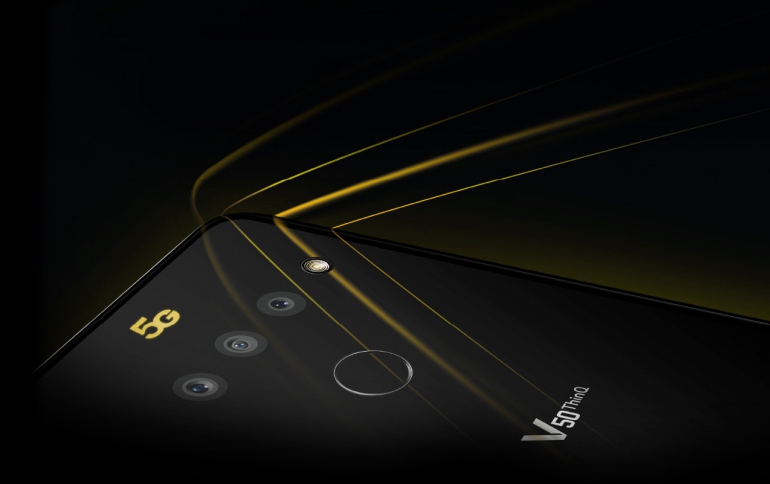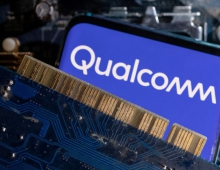
LG Pushes For New Licensing Deal With Qualcomm For 5G Chips
LG Electronics is facing problems with its new 5G smartphone as the firm is trying to narrow differences with Qualcomm to renew a 5G chip license deal that is due to expire this month.
The lack of clarity over a new license deal raises concerns over the rollout of LG’s newly launched 5G smartphones, crucial for the loss-making handset maker to boost flagging smartphone sales.
Qualcomm is trying to put a sweeping U.S. antitrust decision against it on hold, and negotiate a deal with LG based on its own terms.
On May 21, a decision by U.S. District Judge Lucy Koh drastically alters the business model of Qualcomm, which supplies modem chips to connect phones to mobile data networks but makes most of its profit through licensing patents.
Koh’s decision would require Qualcomm to license its patents to rival chip makers instead of phone makers, which could potentially slice its patent royalties from several dollars per phone to pennies.
But Qualcomm on May 28 asked Koh to set aside her decision while it pursues an appeal. The chip maker wants to negotiate with LG on the basis of its old licensing model.
“If Qualcomm does not participate in negotiations with LGE in accordance with the Court’s Order, LGE will have no option but to conclude license and chipset supply agreements once again on Qualcomm’s terms,” LG’s filing in the federal court in San Jose, California said.
LG said Qualcomm would be able to extend its chipset monopoly status into the 5G market if the court decided to put the antitrust ruling on hold.
The FTC seems to support LG, arguing that Koh’s ruling should stay in place while Qualcomm appeals.
LG is the third-largest smartphone vendor in the U.S. market with an 11 percent market share as of the first quarter of this year, and trails Apple Inc and Samsung, according to market researcher Counterpoint.
In April, Apple signed a six-year patent license agreement with Qualcomm and a multi-year chip supply deal. As part of the deal, Apple dropped all litigation against Qualcomm.





















